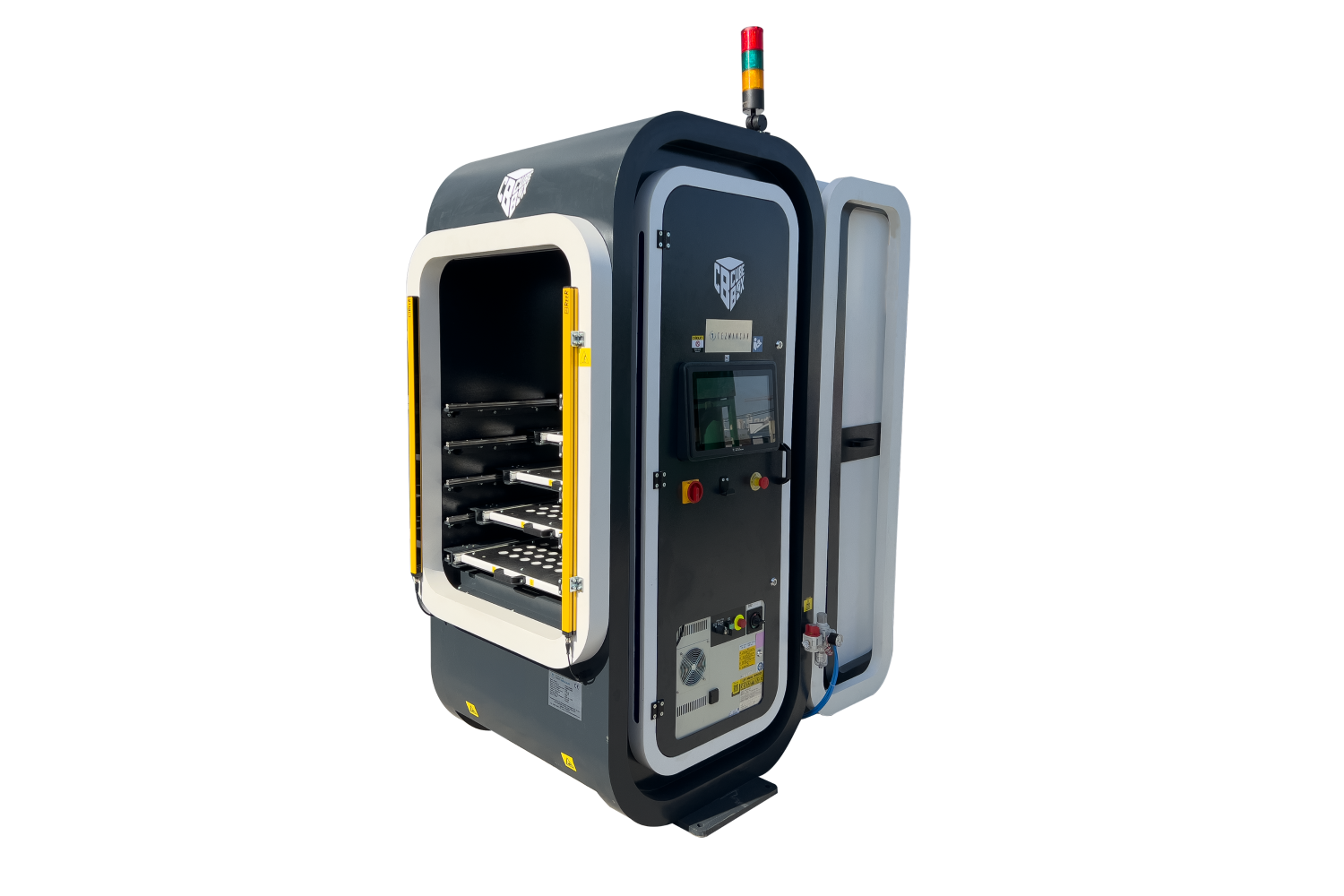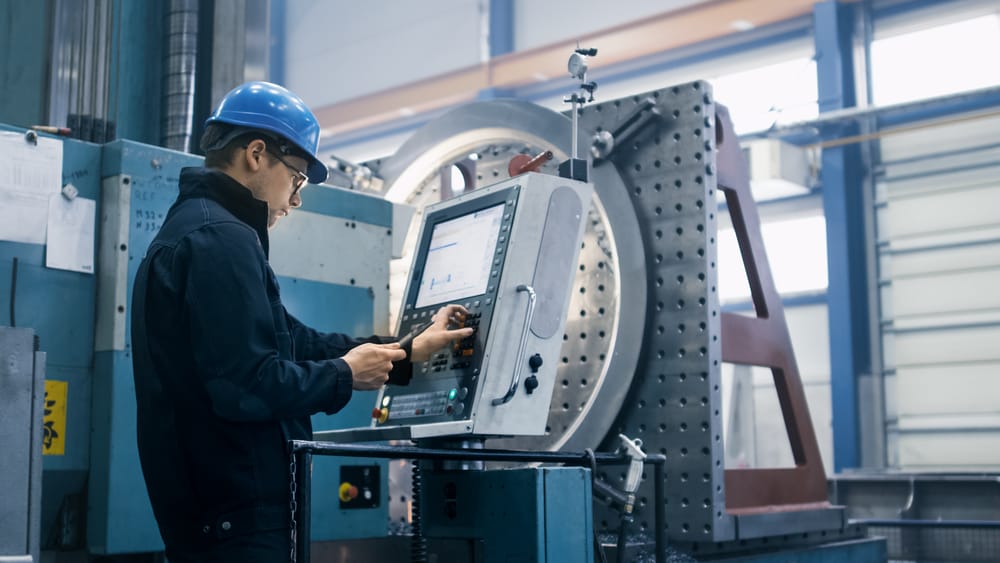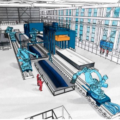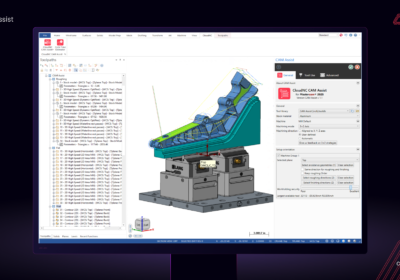~ What does modularisation mean for metalworking? ~
Plug-and-produce. Customised manufacturing. Modular production. We’re constantly inundated with new terminology to describe the next phase of manufacturing. What is not always clear, is how these methodologies can be practically deployed in specific sectors. Here, Hakan Aydoğdu, general manager at Tezmaksan Robotic Technologies, explains modularisation for metalworking machine shops.
Modular production involves breaking down production processes into smaller, self-contained modules. Each module performs a specific function and these modules can be combined or rearranged to accommodate different production requirements. Modularisation rarely requires complete physical reconfiguration of a manufacturing site. Instead, it usually involves restructuring the process in a way that allows for flexibility and adaptability.
A key advantage of modularisation is the ability to offer customisation of products. This is crucial for businesses in the metal parts supply chain and for those buying from it. Downstream, manufacturers in the automotive, aerospace and general manufacturing sectors are under increasing pressure to provide customised products to their client base. Consider vehicle manufacturing as an example.
Automotive has increasingly moved away from conveyor-driven production systems and opted for modular assembly. This methodology provides the ability to add or remove production cells where required, allowing manufacturers to deliver customised versions of the same vehicles while maintaining a continuous production flow. But, what exactly is the role of modularisation in machine shops?

Modular machine shops
Modularisation in machine shops can be adopted in several ways. Cellular manufacturing is one method. This practice involves a single large-scale reconfiguration of the machine shop into dedicated production cells. Each area is dedicated to certain machining operations or product families and is supplied with the right equipment to fulfil these orders. This set-up is ideal for machine shops that have a number of different product types that they supply regularly.
Deploying modular workstations is another method. Creating portable set-ups is an effective way of accommodating different tasks without the need for extensive equipment relocation. These stations could be as straightforward as mobile tool carts, or could be movable workstations for more complex processes such as welding, testing, assembly or machine loading and unloading.
One of the best methods to harness the benefits of modular production is through tooling and fixturing modularity. By focusing on the core of machine shop operations — CNC machines — the implementation of quick-change systems for tooling, cutting tools and workpiece holding devices can enhance a shop’s capacity to manufacture customised products. Similarly, automation for fast loading and unloading of workpieces can significantly speed up production.

CubeBOX for modularisation
The CubeBOX system from Tezmaksan is an example of this technology. The system automates CNC machine tending through operator-free loading and unloading of workpieces in CNC lathes, machining centres and grinding machines.
What sets CubeBOX apart is its ease of integration into existing workflows. Unlike traditional automation solutions that require a dedicated space, the CubeBOX is portable and can be easily moved around the shop floor, allowing for seamless integration with various CNC machines. This modular approach not only maximises floor space availability, but also eliminates the need for robotic set ups for each individual machine.
The CubeBOX robot programming system also aligns with the modular approach. With RoboCAM, operators can swiftly and seamlessly integrate CubeBOX with various machines, making it the perfect solution for managing small batch production runs and adapting to swift product changes.
Terminology like plug-and-produce, customised manufacturing and modular production are more than mere buzzwords. Practical applications of these concepts are possible in metalworking. Through modular production, the sector can break free from rigid processes and embrace flexibility, adaptability and meet the growing need for fast and customised production.
More information on CubeBOX can be found on the Tezmaksan Robotic Technologies website.







